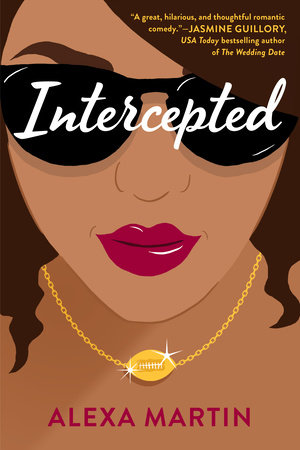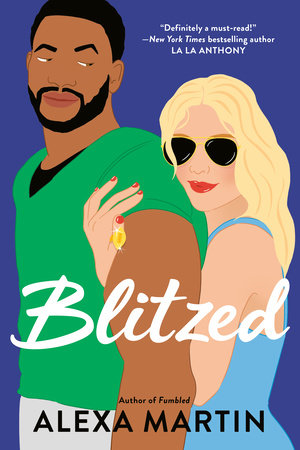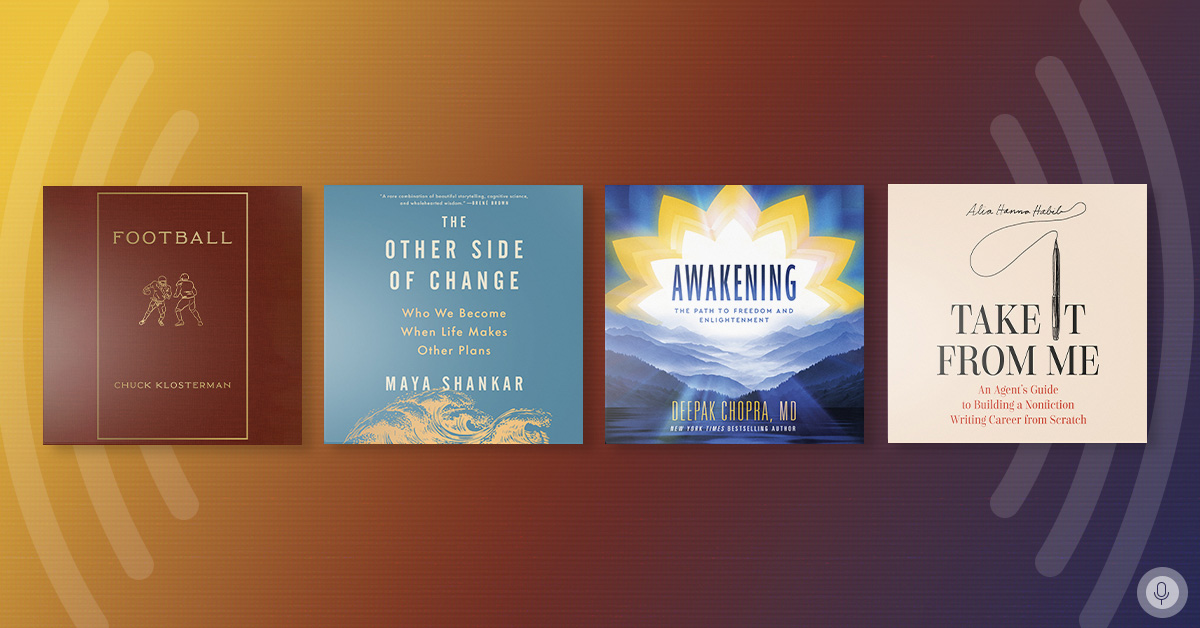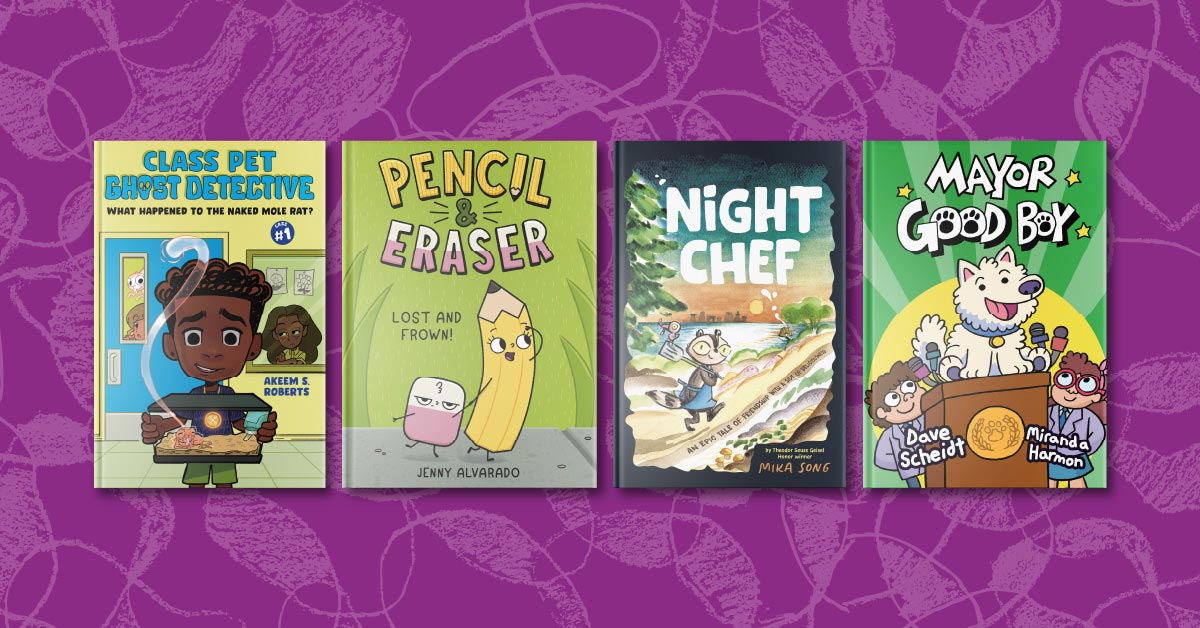Features
The Importance of Discovering Your Voice as a Writer

Alexa Martin is the author of The Playbook series.
When I first started writing what is now Intercepted, my debut novel, I did it hidden in my basement with the intention of never letting it see the light of day, but as I kept writing — and, let’s be honest, deleting — I grew more interested in the craft, and more interested in what made the authors I admire stand out from the rest. One thought kept popping into my head over and over again: writing voice.
Yes, the term “writing voice” may seem like a simple enough concept on the surface, but what does it really mean?
As writers, there are so many things we consider as we put our words onto paper: filter words, dialogue tags, adverbs, and even show. Am I a plotter or a planner? Where does my manuscript belong in terms of genre and sub-genre? What in the world is a query letter? All of these questions can be answered concisely, but when it comes to voice, the explanation becomes more complex.






Voice can be a combination of your writing tone, sentence structure, patterns, and perspective. It is a stamp on your writing that makes your work personal and recognizable, so much so that your audience can identify a sample of writing as yours without ever seeing your name. As a debut author, that seems like a daunting task, but it makes all the difference in how you will be received as a writer. Presently, in the world of publishing, there are so many talented authors saturating the market that standing out amongst the crowd can seem almost impossible. This is one of the reasons why voice is so important.
For me, discovering my voice started well before the thought of writing a book ever crossed my mind. I blogged; it was not a popular one by any means, unless you ask my mother or best friend. It was just a means to stay in touch with friends and family and update them on the happenings in my life. However, as I continued to write my blogs, the comments from readers started to influence the way I wrote. I would get a thrill when someone would reach out to me and tell me how hard he or she laughed at my latest post. Even better was when I’d get an email from a reader stating how much they wanted to get together and have a drink after reading one of my posts.
After a while, I knew what I wanted my readers to feel when they read my words. I wanted my stories to be relatable and fun. I wanted my readers to feel like they were having a night out with friends. And that feeling of relatability transferred into my writing style once I finally became brave enough to start my manuscript.
Even if you don’t blog, there’s no way in this day and age that you aren’t writing to someone at some point during your day. And while I’m not sure anybody wants to read a book of tweets or Facebook statuses, you are still using writing to get your point across. Another great way to hone in on your voice is to grab a notebook or open a word document and go wild. Just write whatever your heart desires. A quick google search will yield you tons of writing prompts if that’s what you need to get your juices flowing.
Sit down and ask yourself what kind of author you want to be. Decide what experience you want your reader to have.
Most importantly, be yourself. Find inspiration from your favorite authors and allow it to guide you when developing your style. Part of being a writer is being a reader. Knowing what draws you to an author is crucial in creating your own voice. Everyone has an influence, just don’t lose your voice trying to emulate someone else.
As writers, we all might be a little crazy to do what we do, so make sure you’re doing it in a way that makes you happy. Whether you’re writing a romantic comedy, thriller, or memoir, remember that your story is important and your voice is needed.










